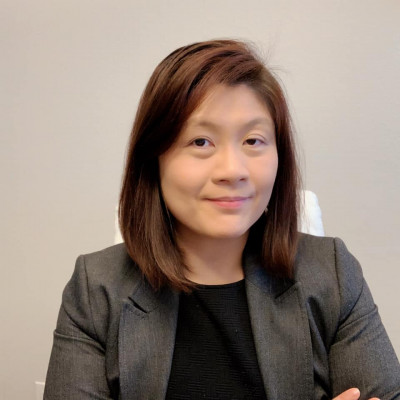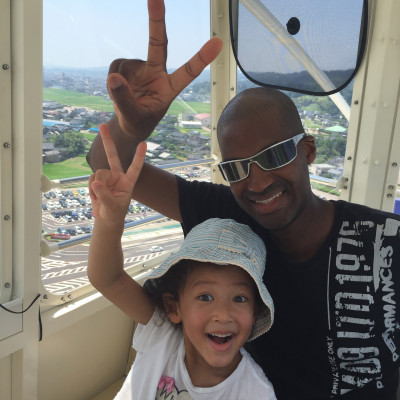Sessions / Critical Pedagogy/Perspectives
How to Include Justice, Debate, and Rhetoric in EFL Classes #2770
The EFL classroom is a great place for students to ask and answer important questions and develop their language while doing so. The question is how can a teacher facilitate this? In this pecha kucha, the presenter will offer some handy guidelines based on his own experiences. These include how to frame important questions for students (justice), how to get them engaged with those questions (debate), and how they can be taught to argue more persuasively (rhetoric). This presentation includes an overview of the concept of justice (taken from “Justice” by Michael Sandel), which can inform the design of debate/discussion classes. It also includes an outline of the presenter’s preferred approach to implementing pair/small-group debates in EFL classes with minimal preparation. Finally, the presenter will suggest an accessible way to teach students to argue more convincingly based on a 3-part definition of rhetoric: ethos, logos, and pathos.
Diversity in Learner Negotiation of English L2 Identity; Implication for Korean ELT Praxis #2783
Building off McNeill (2021) examining the value of the L1 in ESL/EFL classrooms, the presenters introduce the role of exploring students’ L1 and EFL identities as a means for teachers to understand their students’ personal L1 Korean socio-linguistic identity, and the relationship with and negotiation of their English identity. Leveraging awareness of students’ L1 and EFL identities places learners in a position of language informers, offers a form of socio-cultural dialogue, and expands the English language learning experience. With this, the presenters share activities and projects for how EFL teachers can explore the complex interrelationships between language and culture, and their students’ sociocultural identities through explicit discussions in their classrooms. Language learning is more than words, and it is beneficial for language learning in and outside of the classroom.
Developing Critical Literacies Through Learning English as Second Language: Discourse Analysis Study #2790
The presentation aims to examine English learning discourses in Asia from a critical literacy perspective. The role of critical literacy is assisting students in developing the ways in which those ideologies, identities, and power in society and school, and the ways in which language works to challenges those relations. Ultimately, students have options to choose or challenge the status quo. This presentation will discuss steps to develop critical literacy skills through curriculum in TEOSL education. Drawn from the critical pedagogy, the critical pedagogues believe education is first and foremost a means of social transformation because injustice, power asymmetry, and human suffering do exist. In the TESOL education, it is necessary to unpack the discourse and ensure equity when learning a second language or design a curriculum. The discourse data were analyzed from the government reports and discourses from various educators and parents. From there, it will provide an analysis for the reshaping of discourse in English education in Asia. The discourse can provide schools to have clear objectives to develop curriculum, help parents to support their children, and motivate children to develop critical thinking when pursuing a second language learning.
Unpacking Global Competence as a Guiding Philosophy #3093
Partner Session (JALT)
This talk will be about unpacking the concept of global competence as a defining philosophy that can guide our professional practice and even personal life. As a species, we search for ways of understanding our circumstances so we can define our existence and find ways to evolve our relationships. I will provide definitions and interpretations of global competence, and how they apply to not only classroom practice but also what we hope students carry forward into their post-formal education lives. Questions I will explore are: What are the characteristics of a sufficiently globally competent person? Is our global competency measurable? How can we incorporate this philosophy into our teaching practice? Is this a suitable life philosophy? Participants should leave with an understanding of global competence and how it can apply to their context.



